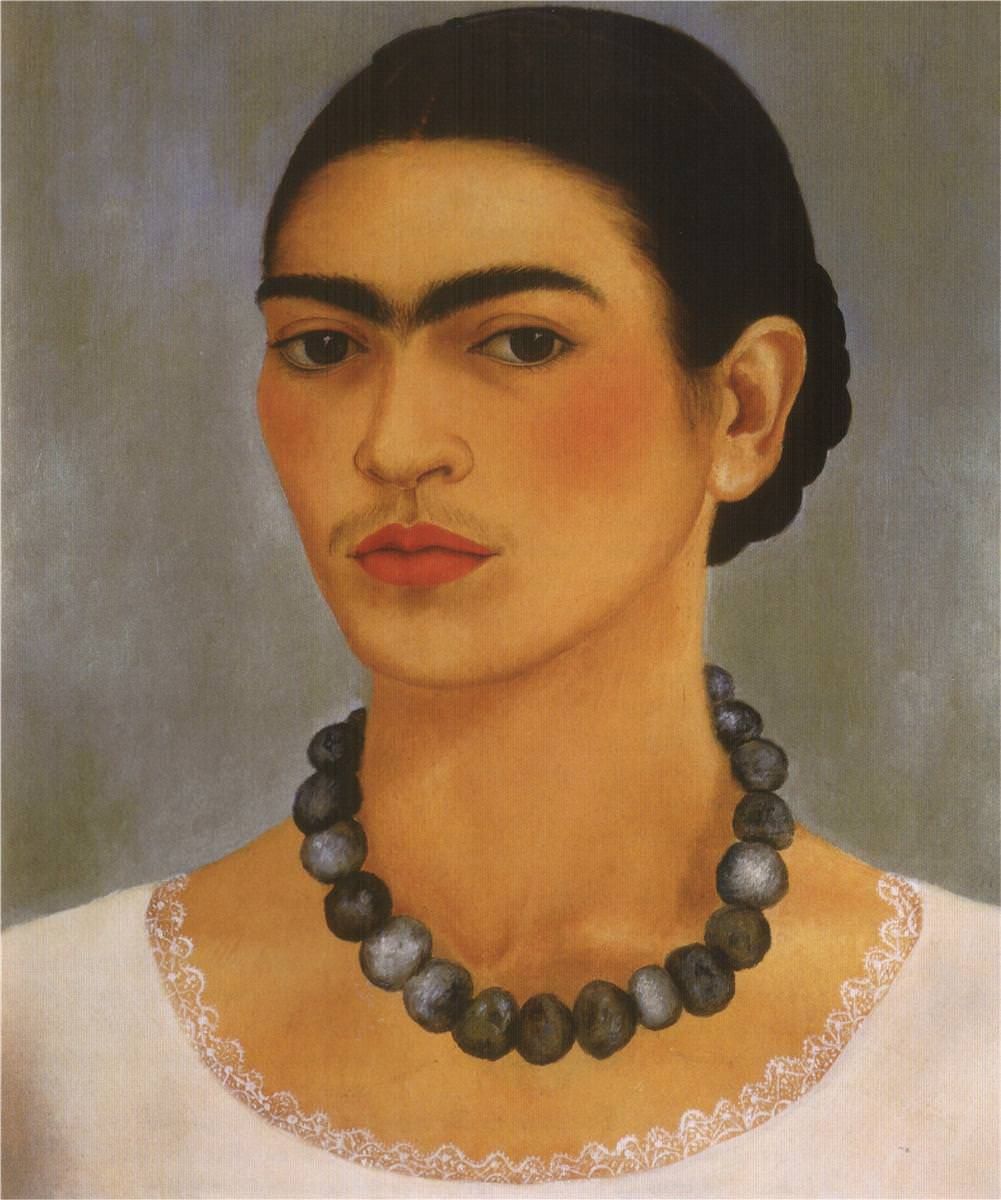First watch the first 5 minutes only of this TED talk. It gives an idea of Alexander's motivations.
Alexander McLean TED Talk
1. Why was the man Alexander found in the hospital not being treated or cared for?
2. What was the first death row prisoner Alexander mentions convicted of?
3. What was the second inmate convicted of?
4. What percentage of people sentenced with death in Uganda have been estimated to be innocent?
Discuss
Why do you think this is happening?
5:07 - 9:29
Why did Alexander return to the UK?
What conversation has Alexander had many times before?
Why had no one attended to Charles?
Why did Susan kill her husband?
What crime the woman in chains in Sudan committed?
What was the effect of refurbishing the Kampala Prison?
Now watch the programme about Alexander's prison education scheme:
Prison Education in Kenya
Introduction:
Education _______. The universal _____ to expand ______ and offer better _______ - a _______ to a better life. Yet around the _______ schools and institutions are at ______ point. _______ are deemed to be no longer ___ for purpose. Rethinking what schools are ___ and how they work. Identifying the ____ and ________ needed in the ____ Century. Now a new ____ of ______ education is _______ the world. Rebel _________ are radically _____ the way people learn - challenging the old way and bucking the ______, creating _____ which will affect _________ and entire __________.
Part 1 - Naivasha and Kamiti Prisons
Take notes from the small text captions as you watch and listen:
1. ___ % of people in Nairobi live in shanty towns.
2. Lack of _______ and _______contribute to high levels of crime.
3. APP stands for A_____ P______ P________
4. The official _________ of Kenyan prisons is _______
5. The actual prison population is _________ inmates.
6. Alexander started APP in _____.
7. APP's annual budget is around _________, funded by charitable ________.
8. APP is currently working with ____ prisons.
9. The Principal of the Naivasha Prison School has been an inmate for _____ years.
10. ___ % of Naivasha inmates are in formal education.
11. Prisoners who show academic and _________ potential are encouraged to _____________.
12. Once the prisoners master ________ and numeracy, APP encourages them to study ____.
13. Some inmates are studying for a ____degree through the _________________.
14. As part of their degree, the students are expected to help ____________.
15. Currently ___ Kamiti inmates are studying for a law degree.
16. APP hold _____ courts to give prisoners an opportunity to _______ law.
17. Inmates and staff play all the roles in the courtroom, law students acts as ______.
Part 2 - Lag'ata Women's Prison
Separate these groups into separate phrases then listen and put the groups in the order they are heard:
a golden opportunity fellowship programme a godsend
sentenced to death alleged to have committed a crime a victim of injustice
the fruits of that knowledge feel empowered in dire need moving forward by the grace of God
self-esteem at the initial point to do an appeal to ensure justice prevails
transforming the lives the world is their oyster a milestone
to commend first and foremost to come before (a judge) humanises
Further material: The transformative potential of prisons in Africa and beyond
Watch:
Alexander McLean TED Talk











